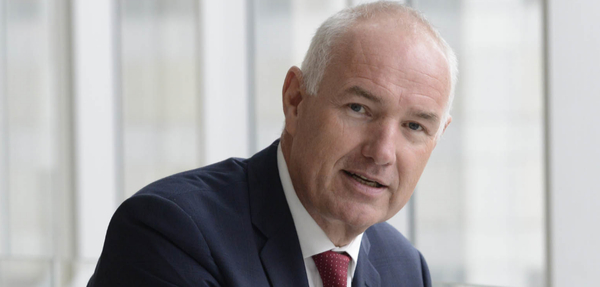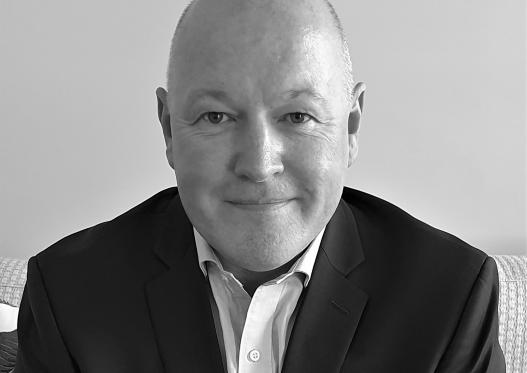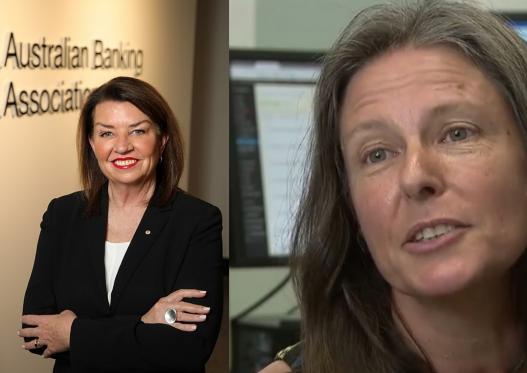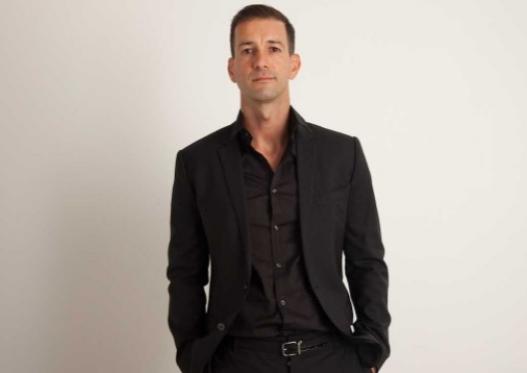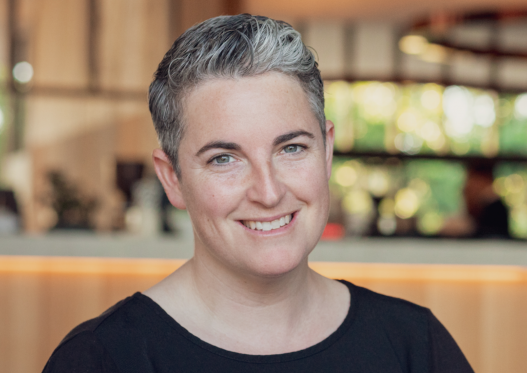Professional standards are needed to fill a gap in financial services.
FINSIA CEO Chris Whitehead Chartered Banker F FIN made the assertion during a podcast with Australian Finance Industry Association CEO Diane Tate.
“They’re important because they establish an expectation, a common framework,” he says during the Q&A entitled Better Decisions That Are Better For Everyone, which is available here.
“Industry codes of practice are very important.
“They establish a level playing ground. They set expectations in terms of how customers will be treated. That's important from the licensee perspective.
“Professional standards are much more about the behaviours of individuals and the two are complementary.
“A code of practice does help customers certainly, but they tend to be quite specific naturally, because you want the industry to be consistent.
“Professional standards are much more principles-based, much more aspirational by their nature, and much more about not what people do, but how they do it.”
They’re also more flexible and allow for an ethical dilemma-solving approach as opposed to a tick box method of making sure people do the right thing.
Mr Whitehead - who was interviewed alongside Ethics Centre’s Executive Director Simon Longstaff to get to the heart of the meaning of ethics and professionalism and how the view of this is evolving within the financial services industry - went on to explain how professional standards provide a useful guideline, but they are principles-based.
“Standards cannot provide for every single situation and you do have to apply judgment,” he says.
“The challenge and the thing that we really are working on is how do we get people to recognise that they actually have an ethical dilemma in the first place - so they know how to apply judgment and so they can use an ethics framework to help make that decision.
“Too often it's easy to just not recognise the challenge that's in front of you, that it is an ethical challenge.
“People still need to recognise that the policy may not be producing the right ethical outcome in a given circumstance for a given customer.
“They have to be able to separate ethics from standards or ethics from policies.
“And that's an important part of what we try to convey to each in a professional body that people have an understanding of ethics frameworks and also an ability to recognise ethical challenges.
“A big part of that comes, in fact, from working with your peers. A big part comes from building a common understanding.
“And of course, that common understanding ultimately is often expressed in standards.
“There is a lot of evidence that when people discuss the situation, they are much more likely to come to a fair and ethical outcome than if they rely on their own instinct - their first immediate personal reaction to a situation.”
To hear the full podcast, click here.
And look out for FINSIA’s Professional Standards survey, which will be coming to your inbox soon.



